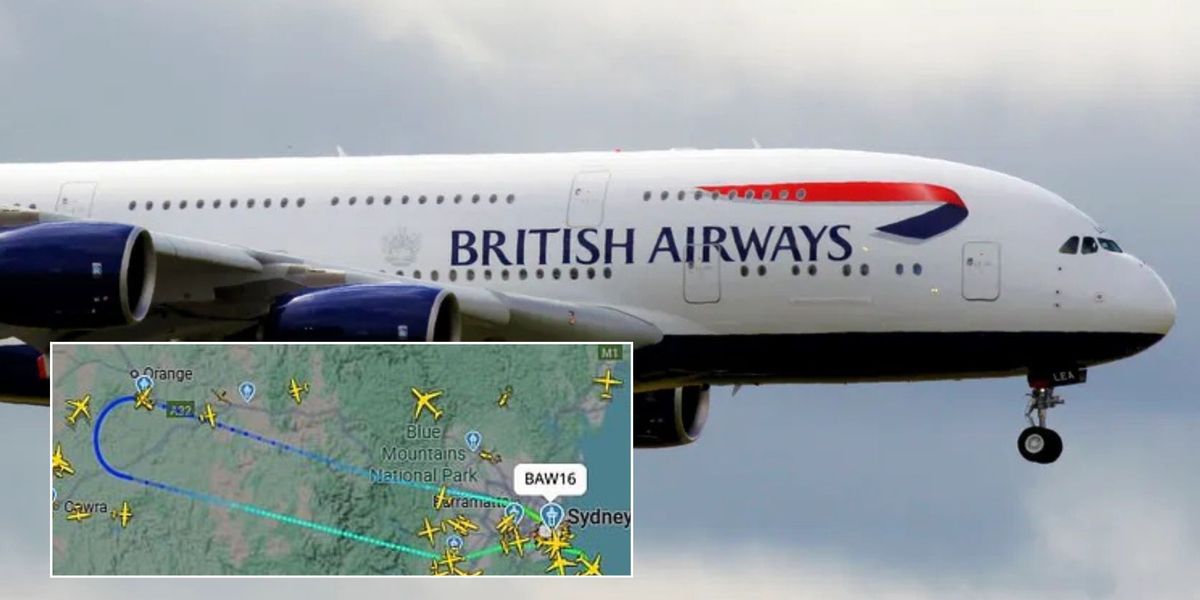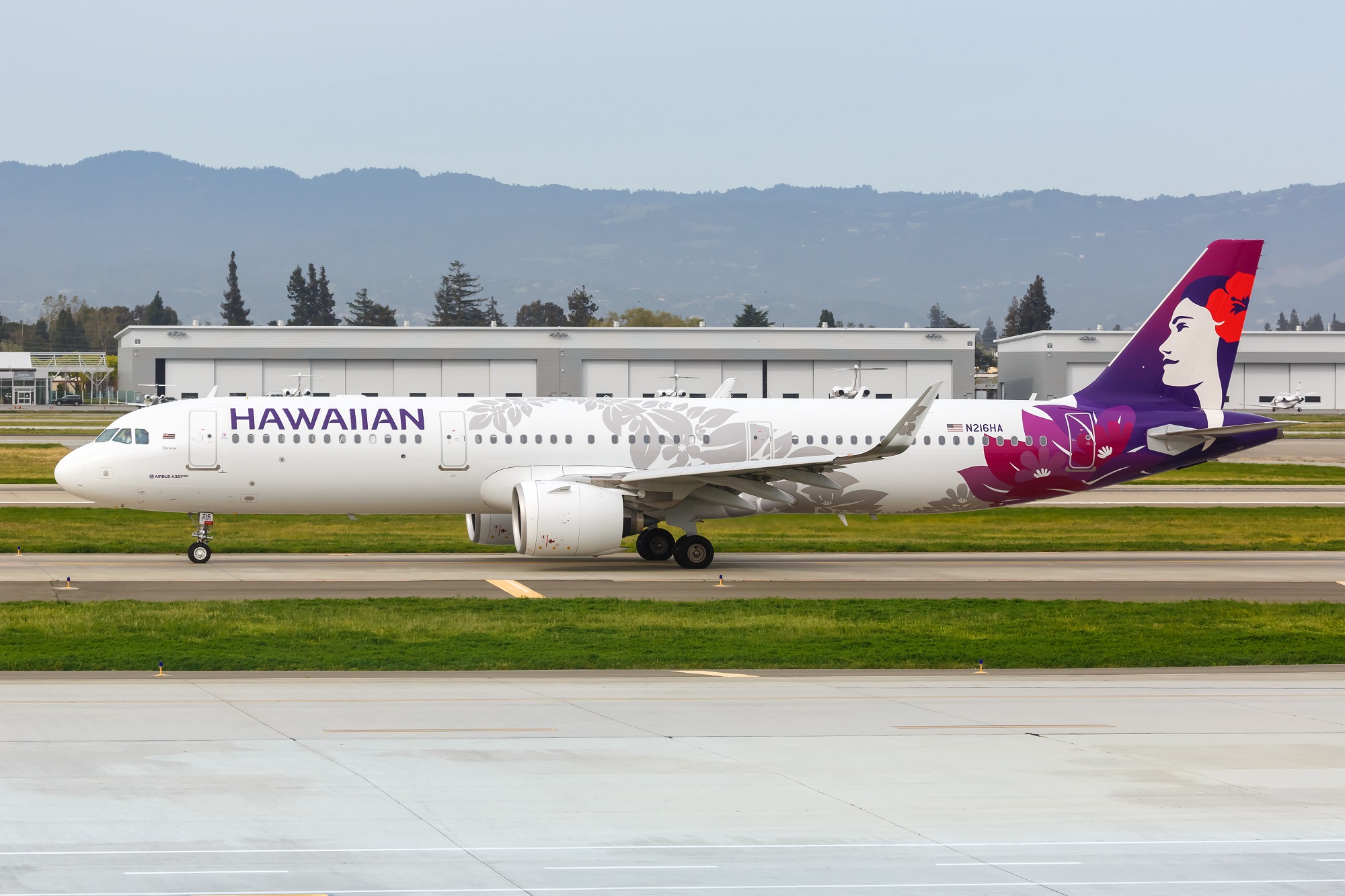House Passes Mental Health in Aviation Act, Overhauling Pilot Mental Health Rules
The U.S. House of Representatives unanimously passed the Mental Health in Aviation Act of 2025 on Monday, aiming to overhaul what critics call "antiquated" Federal Aviation Administration (FAA) rules regarding pilot mental health. This landmark bill seeks to address long-standing stigma and lack of support for pilots' mental well-being, potentially impacting airline safety nationwide.
Addressing the "Culture of Silence"
According to National Transportation Safety Board Chair Jennifer Homendy, current FAA policies foster “a culture of silence that is affecting safety.” The new bill mandates the FAA to enact 24 recommendations from an aviation rule-making committee within two years. This includes addressing a backlog of pilot medical certifications with special exceptions and hiring FAA physicians with mental health backgrounds.
Chris Finlayson, Executive Director of the Pilot Mental Health Campaign, emphasized the shift in perspective, stating, "For so long, people were like, ‘I can never be sad.’ Now, all of a sudden, the pilot population has realized that reform is actually coming."
Key Provisions and Pilot Certification
Pilots are required to obtain both a medical examination and certificate from the FAA to fly. Commercial airline pilots need a first-class medical certificate, mandating regular visits to an FAA-designated aviation medical examiner. The current system requires pilots to self-disclose any "mental disorders of any sort; depression, anxiety, etc.," which often deters them from seeking necessary care.
House Democrat Sean Casten of Illinois, a co-sponsor of the bill, stated, "This often leaves the folks tasked with keeping our skies safe with an absolutely terrible choice: get help, and put your career and your paycheck on hold, or keep your career on track and just hope you’ll get better." He argued that such a system does not enhance safety and can lead to avoidable tragedies.
Triggering Incident and Senate Consideration
The issue of pilot mental health gained significant attention following an incident in October 2023 involving off-duty pilot Joseph Emerson, who was charged with attempting to crash an Alaska Airlines flight. Emerson disclosed that he had been depressed for months and had not slept in 40 hours.
The Mental Health in Aviation Act now moves to the Senate for consideration. Advocates are actively working to pass a companion bill in the Senate. Finlayson told CNN that passage of the bill would improve safety for all.
NBAA's Support and the Bill's Impact
The National Business Aviation Association (NBAA) has lauded the House passage of the Mental Health in Aviation Act. NBAA President and CEO Ed Bolen stated, “We are encouraged to see continued progress on this important legislation combatting the stigma and misinformation surrounding mental health concerns among our nation’s pilot community. It is vital that we foster an environment where pilots can seek help without fear of professional repercussions while also enhancing the safety of the traveling public.”
The bill authorizes the FAA to spend nearly $40 million over three years on programs aimed at destigmatizing mental health care and requires the agency to implement the recommendations of the Mental Health and Aviation Medical Clearances Rulemaking Committee, where NBAA represented business aviation stakeholders.
The Rehearsal's Indirect Influence
While not explicitly stated, there’s suggestion that Nathan Fielder's advocacy, as depicted in "The Rehearsal," may have contributed to the bill's momentum. The second season of the show heavily featured aviation safety concerns, with Fielder attempting to testify on Capitol Hill. It's suggested by Fielder that former National Transportation Safety Board member John Goglia believed the show "pushed" young staffers to advocate for the legislation.
 Visit the website
Visit the website




